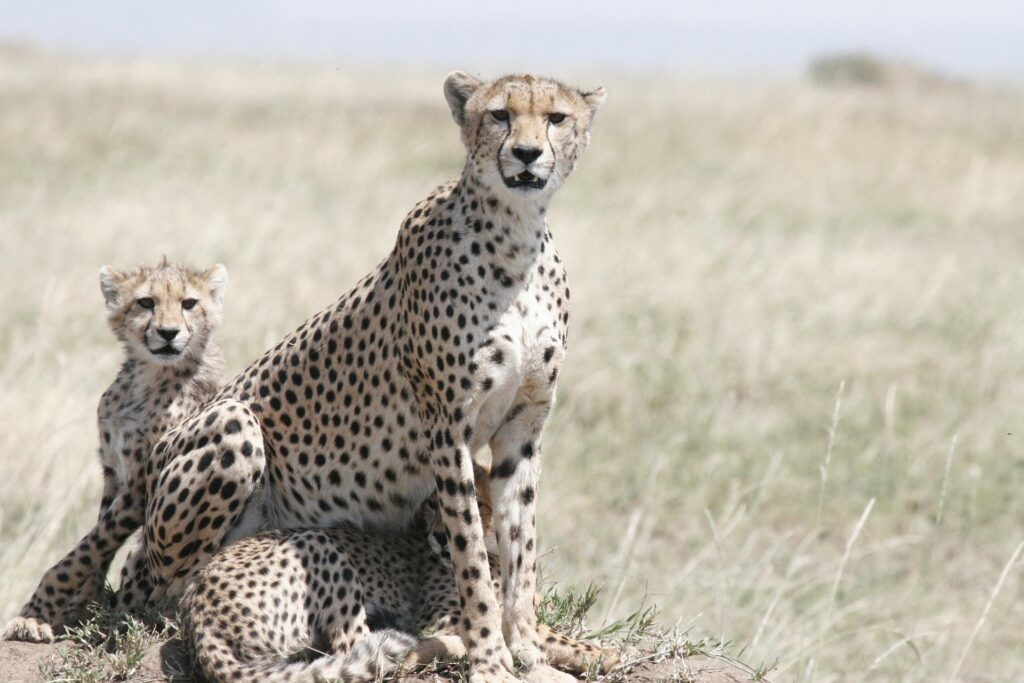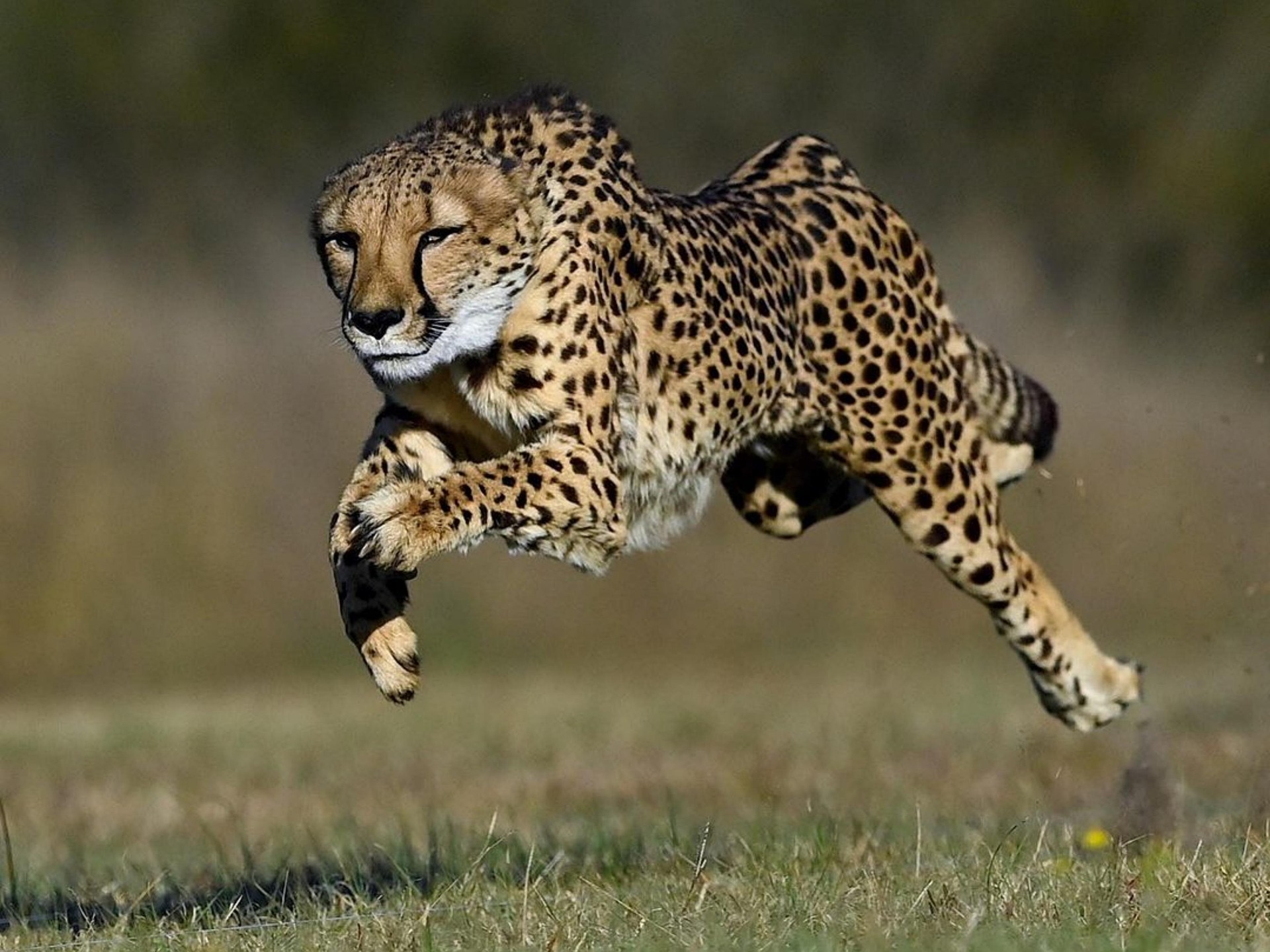South Africa has paused the fresh translocation of cheetahs to India as it reviews the health of previously relocated animals at Kuno National Park. The decision follows Kenya’s refusal to supply cheetahs and concerns over deaths linked to extreme weather, captivity, and poor communication. India had considered sourcing cheetahs from Kenya but dropped the plan due to genetic concerns. South Africa’s environment minister will visit India for assessment, and future relocations will depend on scientific evaluation. Experts have welcomed the pause, calling Project Cheetah flawed from the start due to ecological and conservation gaps.
South Africa Pauses Fresh Cheetah Translocations to India
In a significant development, South Africa has temporarily paused the fresh translocation of cheetahs to India as it undertakes a comprehensive review of the health conditions of the cheetahs previously sent under Project Cheetah. This decision follows Kenya’s earlier refusal to provide cheetahs to India, further complicating the ambitious initiative aimed at reintroducing the species to Indian soil after seven decades.
According to officials, a three-member Indian expert panel, which included an official from the National Tiger Conservation Authority (NTCA), recently visited South Africa to hold discussions on the prospects of fresh relocations. The panel presented evidence indicating that the cheetahs already relocated to India have largely adapted to the wild at Madhya Pradesh’s Kuno National Park. They highlighted that these cheetahs have begun coexisting with local leopards and human populations, a positive sign of ecological integration.
However, the panel also addressed concerns over the deaths of several cheetahs in the first year following their translocation. The South African authorities raised multiple issues, particularly citing inadequate communication between the Indian and South African governments, the impact of extreme weather conditions in India, and the prolonged captivity of the wild cheetahs before their transfer.

In response to these concerns, South Africa’s environment minister is scheduled to visit India for a thorough on-ground assessment of these Animals already translocated. The decision on whether to proceed with additional translocations will depend on a scientific evaluation of whether future relocations would pose risks to the survival of the species and whether the cheetahs can sustainably thrive in their new Indian habitat.
With South Africa declining to send a new batch of cheetahs for now, India had considered approaching Kenya. However, this plan was met with resistance from environmentalists and conservationists. Experts argued that introducing a genetically distinct population from Kenya could violate the rules of the International Union for Conservation of Nature (IUCN), potentially undermining the long-term success and genetic integrity of the reintroduction project.
Ashok Varnal, the Additional Chief Secretary of Madhya Pradesh, confirmed that the Indian government decided against sourcing cheetahs from Kenya. He emphasized that doing so could disrupt the project by introducing genetic inconsistencies. India has now resolved to only work with South Africa for any future translocations.
The current pause in the project has once again brought this Project under scrutiny. Since its inception, the initiative has faced sharp criticism from wildlife experts and scientists, many of whom labeled it an ill-advised and overly ambitious attempt at species relocation. Critics pointed out that the project lacked a sound conservation and scientific basis, especially in terms of meeting ecological criteria necessary for such a high-stakes wildlife initiative.
The earlier batch of 12 cheetahs imported from South Africa encountered several challenges, including health setbacks and fatalities, which fueled concerns about the overall viability of the project. While the South African government has yet to issue an official statement regarding the recent pause, experts have welcomed the move as a necessary step toward reassessing the long-term strategy and ensuring the welfare of the animals involved.
As the pause remains in effect, both nations are expected to re-engage after scientific evaluations are completed. The fate of future translocations now rests on ensuring that the cheetahs’ relocation does not adversely affect the species’ survival and that they can successfully adapt and flourish in the Indian ecosystem.
Disclaimer:
The information presented in this article is based on official statements, media reports, and expert commentary available at the time of writing. While efforts have been made to ensure accuracy, the situation may evolve, and readers are advised to refer to official government or wildlife conservation sources for the latest updates. This article is intended for informational purposes only and does not reflect the personal views of the author or the platform.

